Microbiology
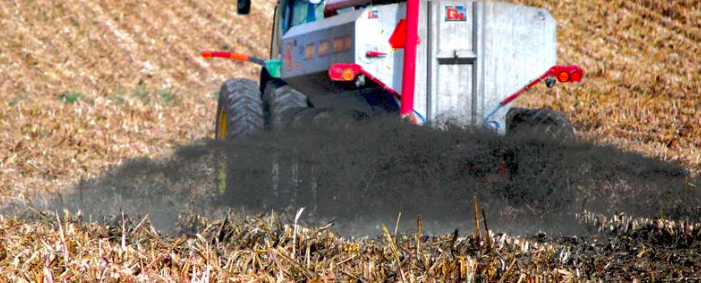
ANTIBIOTICS, a food for bacteria?
June 26, 2018Soil bacteria have found how to combine the useful with the pleasant. Rather than simply degrading antibiotics that can harm them, they eat them! Sulfamethazine and tylosin are particularly preferred. Production animals are often raised in groups nowadays, which favors the transmission of bacterial infections that are harmful to the farmer. To reduce this risk, many farmers preventively give antibiotics to their […]
Read More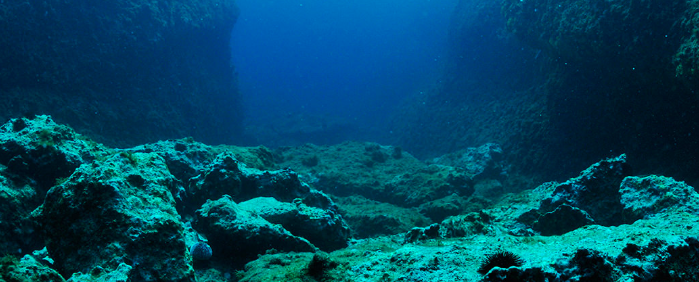
Bacteria unveil the unknown life of the oceanic crust
June 12, 2018Difficult to access, the bottom of the oceans remains today largely unknown while it shelters the largest ecosystem of the planet, within the oceanic crust, under marine sediments. An unexplored environment that an international drilling program is beginning to reveal. The underwater laboratories were installed at 4,400 meters deep, on the mid-Atlantic ridge (yellow dot on […]
Read More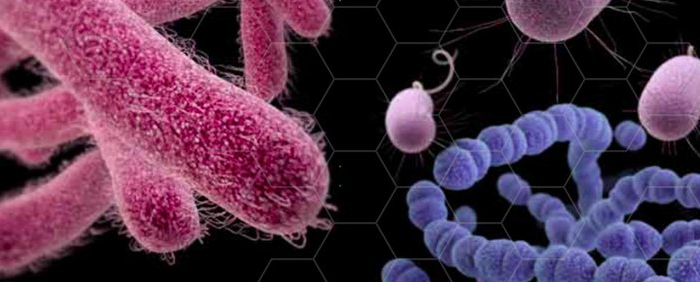
An original source of electricity: BACTERIA
June 7, 2018Two pots of flowers, a copper electrode in one, a zinc in the other, potting soil, a little water and here are a few milliamperes. The invention is not new but a Dutch designer has made a clock …. Invented by the Dutch Marieke Staps, Soil Clock is a clock running thanks to the bacteria present in the soil of a […]
Read More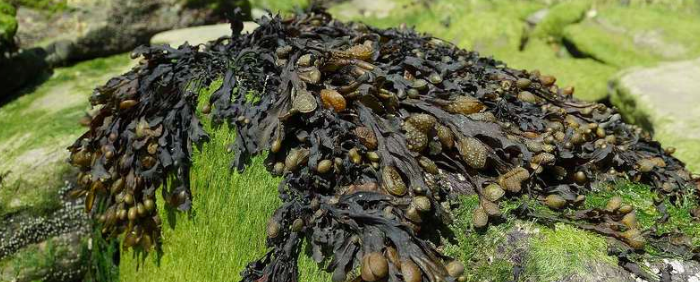
Cyanobacteria: appearance, adaptation and reproduction
May 19, 2018The cyanobacteria appeared early in the history of the Earth, while conditions were not favorable to the life forms we know today. How did they live in these inhospitable times? How have they evolved and survived until today Where do the algae come from? Diagram of a cyanobacteria in section. © DR There are between 1,500 and 2,500 species of cyanobacteria, they are […]
Read More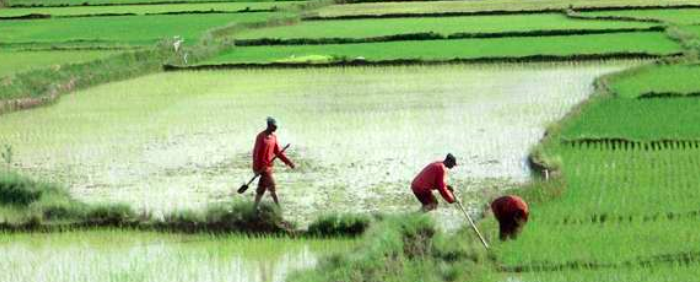
A microbial plant cell for the electricity of tomorrow?
May 19, 2018Live plants could be used for bioelectricity production! A prototype microbial cell has just been made, fed with glucose from the photosynthesis of a plant. The marshes or the rice fields of the globe could in this way become power plants, as well as our roofs! Marjolein Helder from the University of Wageningen (The Netherlands) and David Strik […]
Read More